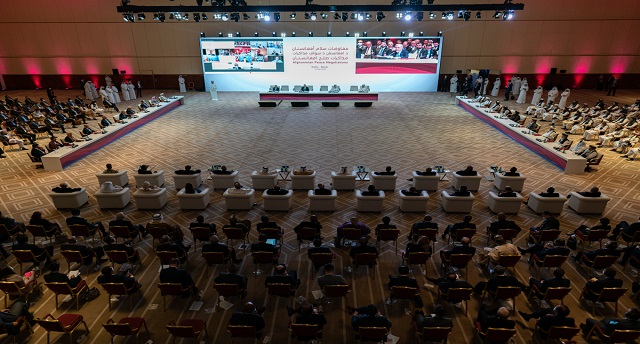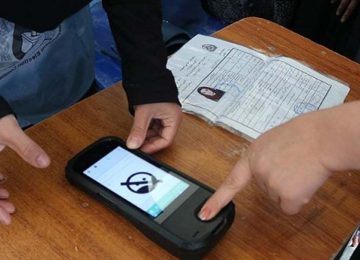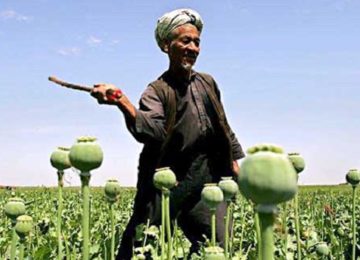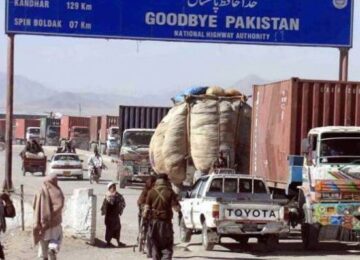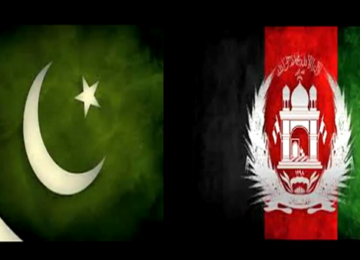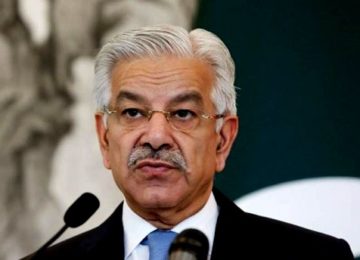September 14, 2020
As stakeholders position themselves for the first formal round of the intra-Afghan negotiations at Doha, the euphoria associated with the momentous September 11 inaugural ceremony is likely to gradually wane in view of the mammoth task ahead i.e. finding common grounds for lasting peace and determining the political future of Afghanistan.
One of the potential pitfalls on the way ahead is the role of “spoilers” – all those who still despise the Afghan Taliban as terrorists and have been averse to talking to them. And if the opposition stemmed only from geo-political considerations, then the detractors of the Doha dialogue will continue finding ways to disrupt and discredit the process.
An early warning on this probability came from none else than Zalmay Khalilzad – President Donald Trump’s point-man for Afghanistan; we’ve condemned the attack on Mr. Saleh, but there are spoilers who don’t want the peace process to take place or to go forward, and there are people who prefer the status quo to a peace agreement, Khalizad told State Department reporters via video conference from Doha on Friday night, several hours before the inauguration of the dialogue.
Khalilzad went on to explain that “there are people who prefer the U.S. to remain entangled in a conflict in Afghanistan…. and a number of players are bad and some are at war also not only with the government but they are at war with the Talibs as well. One such group is Daesh, and Daesh has been responsible for quite a lot of violence in Afghanistan and it does not want the peace process to go forward. I can say there a quite a number of players.”
The special envoy then underlined the need to close ranks against spoilers.
“If there is peace between the Taliban and the government, I think Afghanistan will be in a stronger position to deal with the smaller groups that are part of the reality of Afghanistan. And with the two at war, that provides an opportunity for a terrorist group such as Daesh.
He reminded questioners that Daesh t has been responsible for some of the most significant violence in Afghanistan, for example the attacks against the maternity hospital or some of the other attacks.
Khalilzad suggested that both the Government and the Taliban could form a formidable alliance to thwart subversion of the peace process by the “spoilers.”
Even Mike Pompeo, the US secretary of state, cautioned on Afghan stakeholders on the possible impediments.
“You will undoubtedly encounter many challenges during the talks over the coming days, weeks, and months. When you do, remember that you are acting not only for this generation of Afghans but for future generations,” Pompeo said in his brief speech at the Doha inaugural ceremony.
With that , Pompeo essentially delivered a clear message to the detractors; whatever you do, the US and allies will stand by as Afghan stakeholders attempt to find an inclusive, amenable-to-all common path for a better political and economic future of the country.
The author Imtiaz Gul is the Executive Director of the Center for Research and Security Studies (CRSS) and Afghan Studies Center (ASC), Islamabad.
Published under an arrangement between Afghan Studies Center (ASC) and MATRIX MAG.



